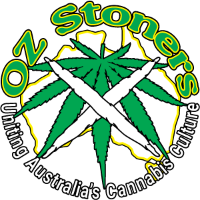medical cannabis From Taboo to Treatment: Understanding Australia's Medical Cannabis Journey
-
Similar Topics
-
☎️ Full™ Spirit Airlines® Customer Service℠ Contact Index (Speak 24/7 With a Person)
By Urydfj,
- ai cannabis art
- autoflowering seeds
- (and 3 more)
- 0 replies
- 40 views
-
Full {List} of Etihad Airways Name Change Rules® & Correction Policy™ – Updated 2025 Guide
By Peter334,
- 0 answers
- 66 views
-
Buy weed & cocaine in Dublin telegram @bullywizzz snap @bullywiz25
By Trapuniversity,
- autoflowering seeds
- cannabis
- (and 3 more)
- 0 replies
- 87 views
-
Buy weed & coke in Melbourne telegram @bullywizzz snap @bullywiz25
By Trapuniversity,
- australian cannabis
- bud
- (and 3 more)
- 0 replies
- 140 views
-
- 0 replies
- 130 views
-






Recommended Posts
Join the conversation
You can post now and register later. If you have an account, sign in now to post with your account.
Note: Your post will require moderator approval before it will be visible.